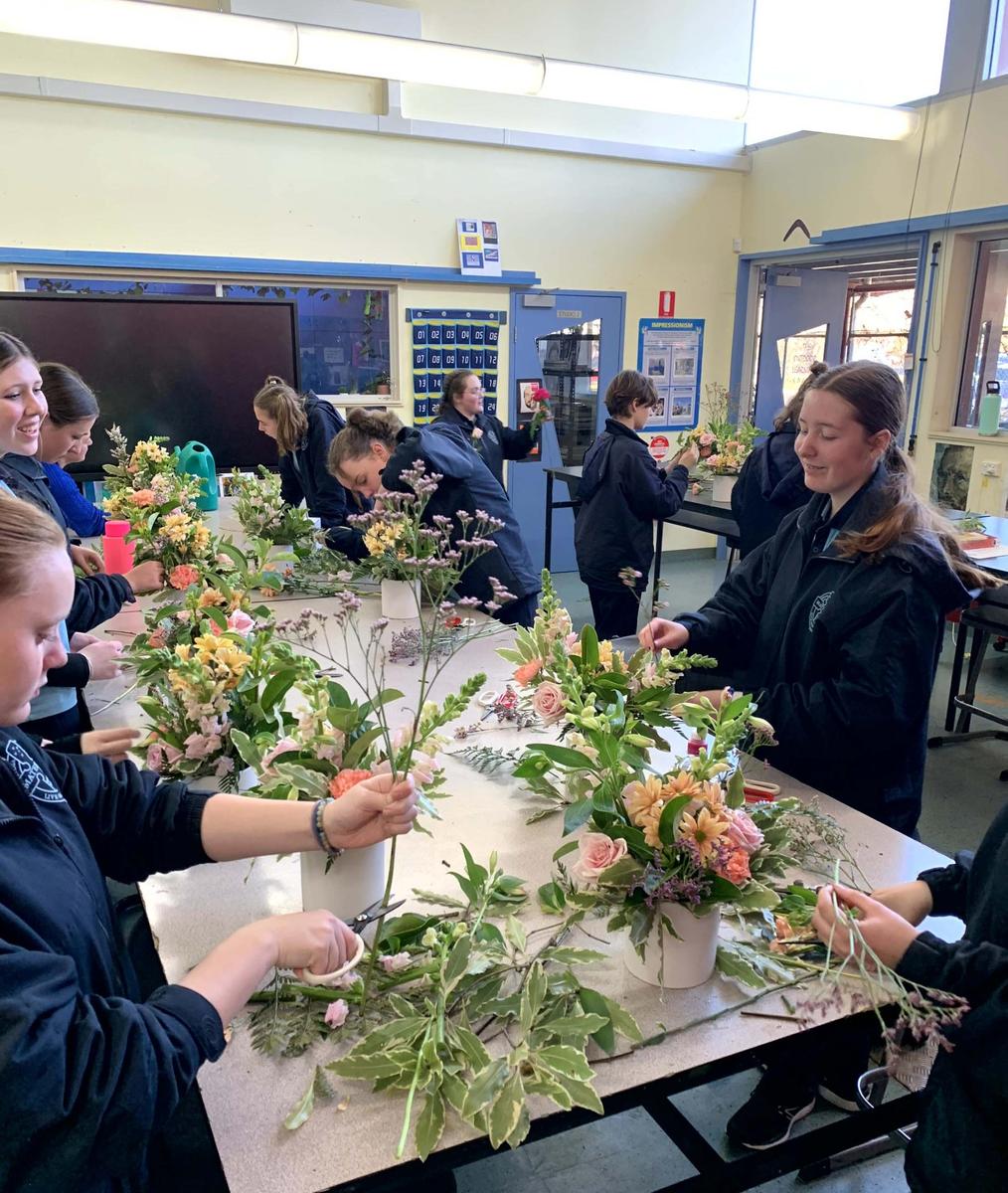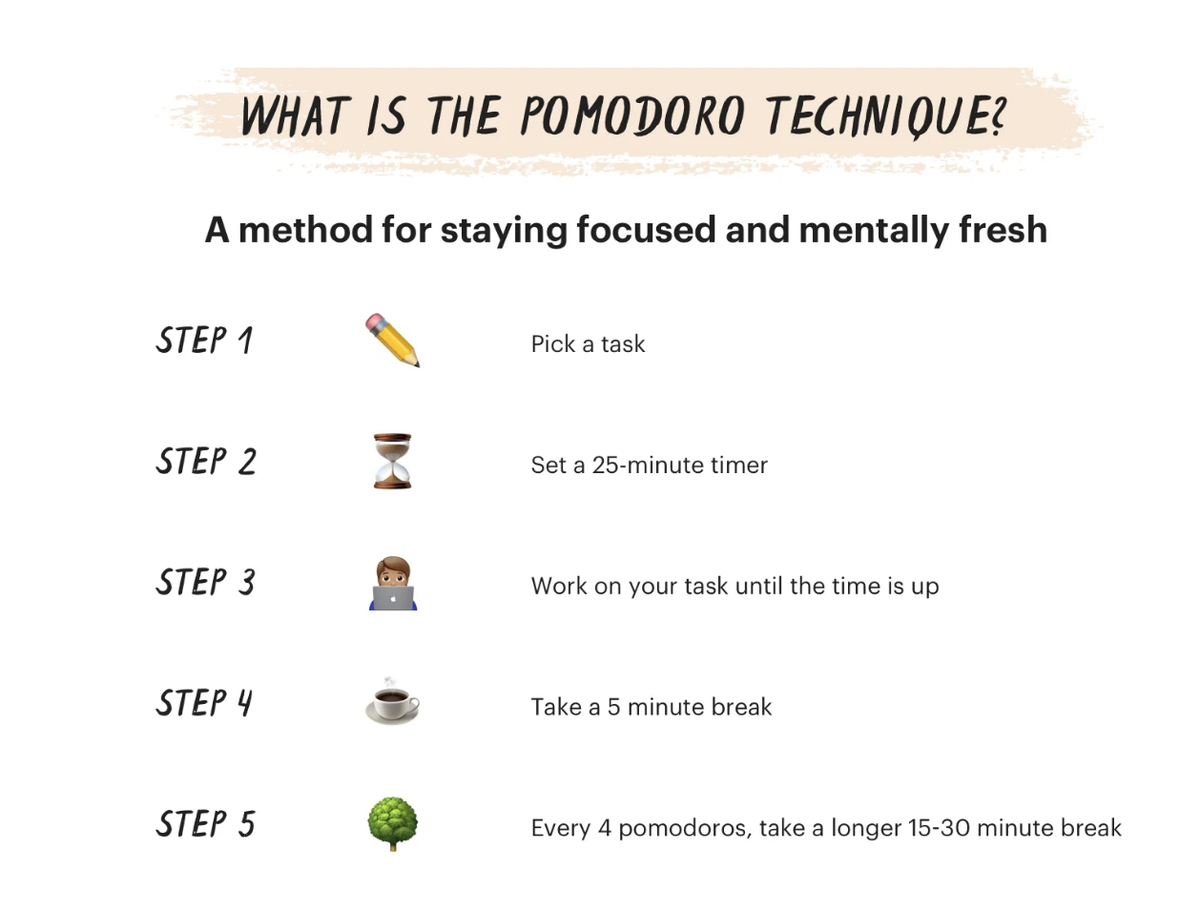Transition and
Pathways

Transition and
Pathways
Floristry Workshop
Sophie from Little Triffids Flowers hosted a floristry workshop for our Year 9 and 10 students recently. These arrangements were used for the Girls in Stem High Tea.






5 Tips to Boost Your Study Motivation


As students, finding the motivation to study can sometimes feel like an uphill battle. With numerous distractions and competing priorities, it’s easy to lose focus – but fear not. We’ve got you covered with five simple yet effective tips to boost your study motivation and help you reach your academic goals. Let’s take a look.
Set clear and attainable goals
Setting goals gives you a sense of direction and purpose, which can be incredibly motivating. Start by identifying what you want to achieve in the short-term (e.g., ace a test, complete an assignment), as well as in the long-term (e.g., get into a preferred uni, pursue a specific career). Break down these goals into smaller, actionable steps, and celebrate each milestone along the way. Remember, every small victory brings you closer to your ultimate objective.
Create a study schedule
Procrastination is the arch-nemesis of motivation. To combat it, establish a study schedule that suits your lifestyle and learning style. Designate specific times for studying each day, and be consistent with it. Find a quiet and comfortable study space where you can concentrate without distractions. By having a structured routine, you’ll train your mind to associate those study hours with productivity and focus, making it easier to dive into your work.
Find what works for you


Everyone learns differently, so it’s important to identify the study methods that work best for you. Experiment with various techniques such as summarising notes, creating flashcards, the Pomodoro technique, or teaching the material to a friend. Use online resources, educational apps, and interactive study platforms to make learning more engaging and enjoyable. When you find the methods that resonate with your learning style, studying becomes less of a chore and more of an exciting exploration of knowledge.


Surround yourself with supportive peers


Motivation can be contagious, so surround yourself with friends who are also focused on their studies. Form a study group where you can share insights, discuss challenging concepts, and help each other stay on track.
Collaborative learning not only enhances your understanding but also creates a positive and supportive environment. Together, you can conquer difficult subjects and celebrate each other’s accomplishments, as well as boost your motivation.
Take breaks and practice self-care
Overloading yourself with non-stop studying can lead to burnout and diminished motivation. Remember to take regular breaks during your study sessions to recharge your mind. Engage in activities you enjoy, whether it’s taking a walk, listening to music, or pursuing a hobby. Prioritise self-care by getting enough sleep, eating nutritious meals, and staying active. When you take care of your overall wellbeing, you’ll have the energy and enthusiasm to tackle your studies with renewed motivation.
Staying motivated to study can be a challenge, but by implementing these five tips, you can empower yourself to overcome obstacles and achieve academic success. Remember, motivation isn’t a constant state but rather a skill that can be nurtured and cultivated – so even if you’re not feeling it today, you can always pick yourself up and try again tomorrow.
Find more study tips on our website here.
Don’t Wait to Finish School to get Experience
You don’t need to sit around and wait until you’ve finished school to start getting experience, building skills, and making connections for your future. There are lots of things you can do alongside your schoolwork. Let’s take a look at some of your options.
Part-time work
This is something a lot of students already do. Finding a part-time or casual job is an excellent way to start building valuable skills, learning about the world of work, and even making important connections for the future (plus you get to earn some money too). You don’t need to give up a lot of time for a job. It could be a few hours a week, either after school or on the weekend.
If you’d like to know whether you’re ready to start work, talk to your parents/carers and think about jobs you might like to do. And if you’re ready to jump in, make sure you’re staying safe at work too.
Start a business
Not too keen on working for someone else? If you have the initiative – and a great idea – you might like to start your own business. You’re probably not going to become a millionaire overnight, but with some dedication and time you might be able to grow your business into something special.
Volunteer
Volunteering is a great way to develop important work and life skills – and it looks great on your resume or uni applications too. Sure, you might not be getting paid, but what you get back in experience is more than worth it. Volunteer work might even lead to a paid role down the track, if you show some initiative.
Get work experience
If you already have a career or industry you’re interested in, a great way to solidify that interest is through work experience. It’s a great way to get a taste of working life, and can help you narrow down your future choices. Plus, it’s another way you can learn useful skills and make future contacts.
Start networking
You don’t need to wait until you’re in the workforce to start networking – you can do it now. Try and get to know some of the big names in your industry of choice. You might even like to try and reach out to them for some advice, whether it’s in person or via social media. Find a family friend or other trusted adult who has a job you’d love and ask them all about it. You might even be able to attend certain industry events to start meeting people and getting your name out there. .
Try a Micro credential or Massive Online Open Course
You probably don’t have tons of extra time on your hands for even more study. Not to worry – this is where micro credentials and MOOCs (massive online open courses) come in handy. These bite-sized learning opportunities are a perfect way to upskill and gain new knowledge quickly and easily. Learn more about what micro credentials are here, or take a look at our top online course provider picks.
Hobbies
Learning can be fun too! Hobbies can help you build a huge variety of useful skills, from mindfulness to motor skills, as well as improving your focus and mental health. Want to know more about the benefits of hobbies?
Mr Richard O'Connell | Transition and Pathways Specialist

